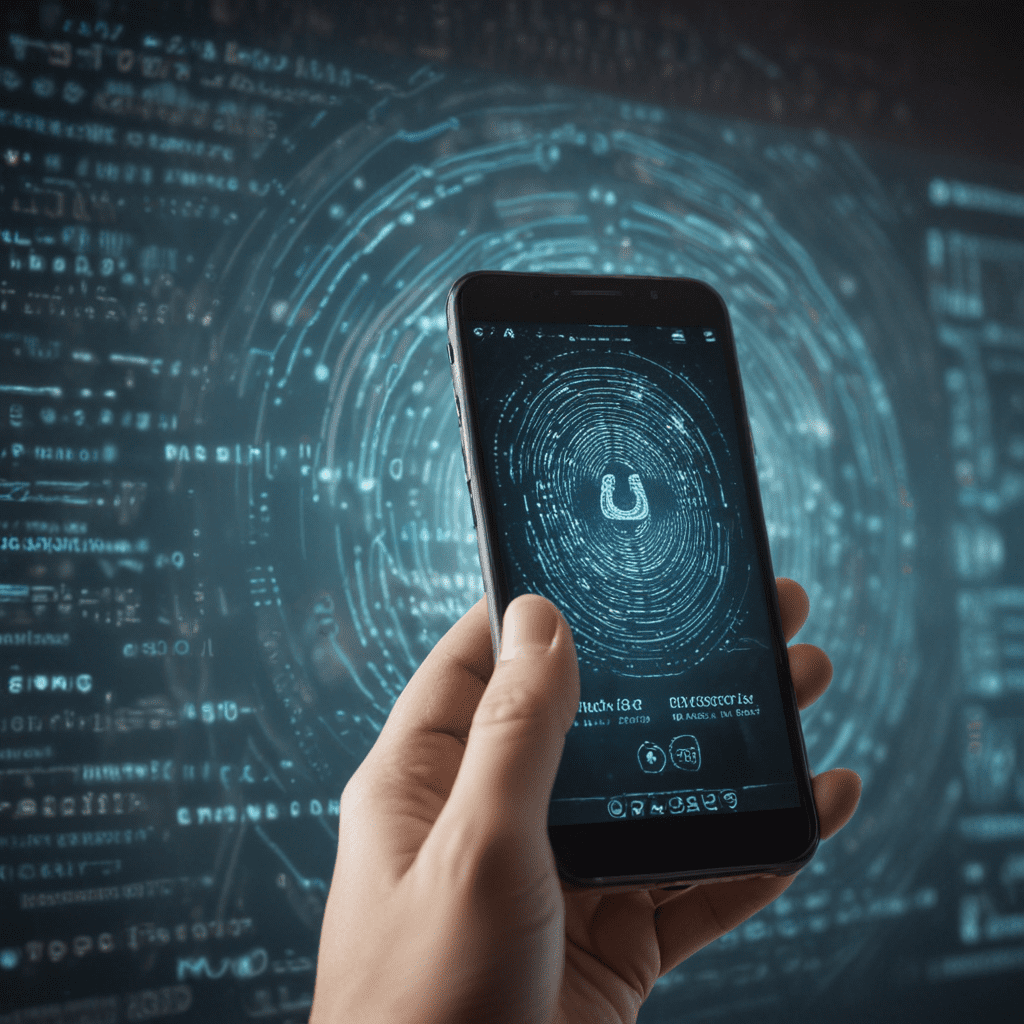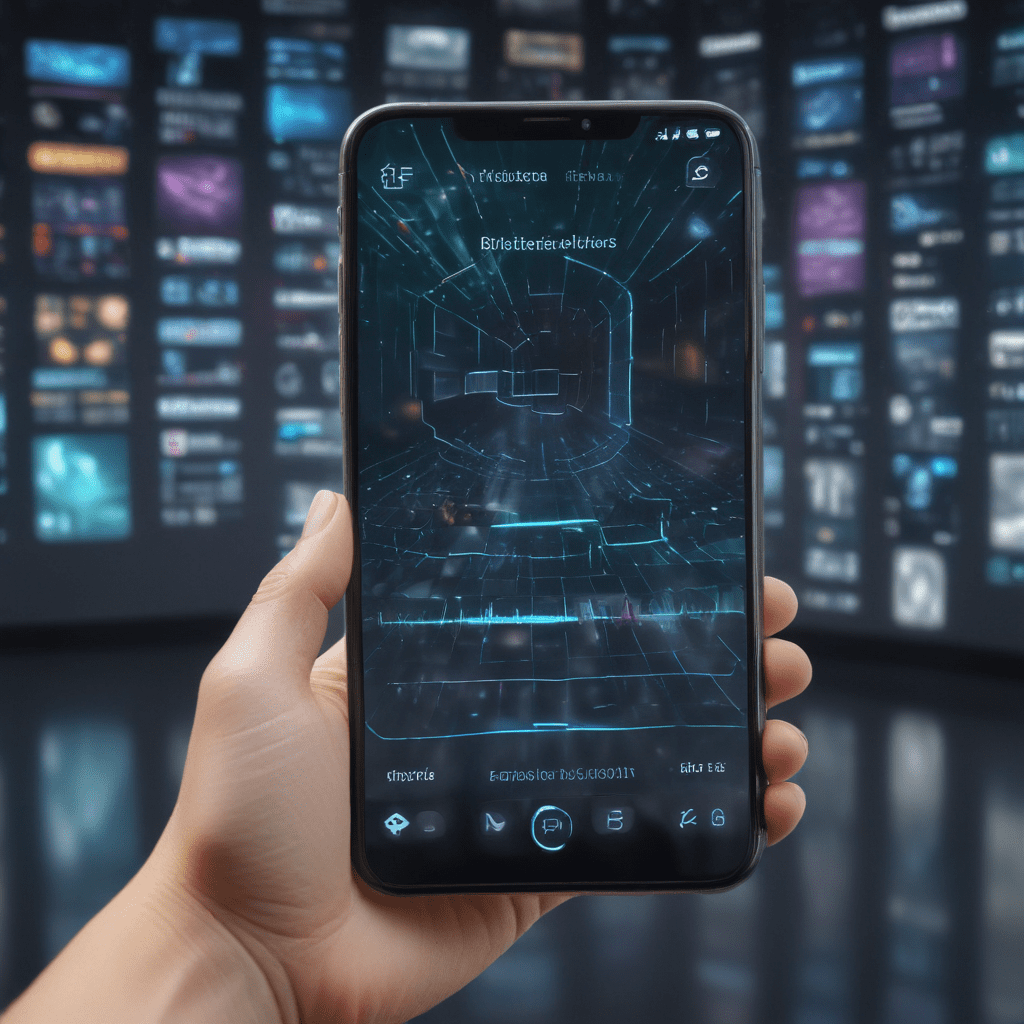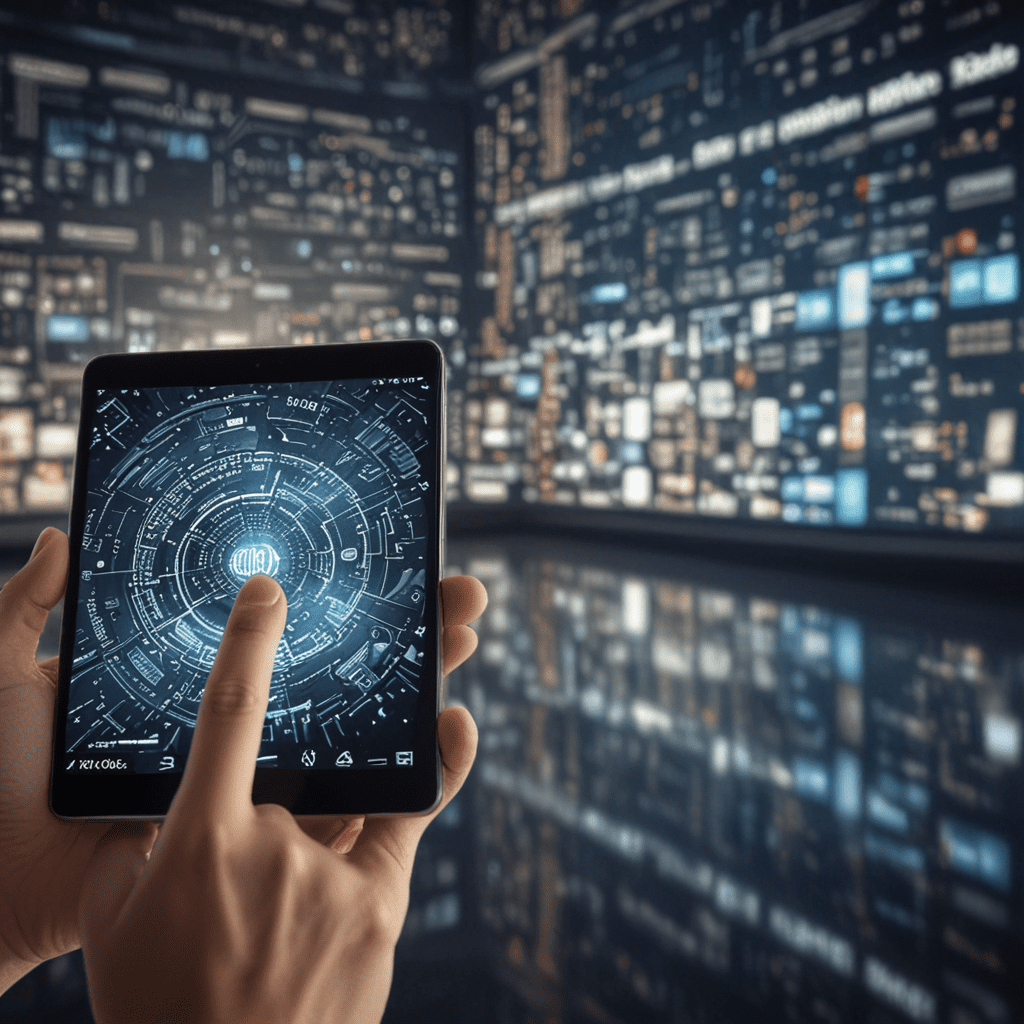
1. The Current State of Mobile App Security
The security of mobile apps has become increasingly important as these apps have become more prevalent and sophisticated. Traditional security measures, such as passwords and two-factor authentication, are no longer sufficient to protect against the growing number of threats to mobile apps.
2. The Rise of Biometrics in Mobile App Security
Biometrics, which use unique physical or behavioural characteristics to identify individuals, are emerging as a promising solution to the challenge of mobile app security. Biometric authentication methods, such as fingerprint scanning, facial recognition, and voice recognition, are more difficult to spoof or steal than traditional passwords and can be used to provide a more secure and convenient user experience.
3. The Benefits of Biometric Authentication
Biometric authentication offers several benefits over traditional security measures:
- Increased security: Biometrics are unique to each individual and are difficult to replicate or steal, making them a more secure form of authentication than passwords or PINs.
- Convenience: Biometric authentication is more convenient than traditional methods as it does not require users to remember complex passwords or carry physical tokens.
- Reduced fraud: Biometric authentication can help to reduce fraud by verifying the identity of users before allowing them to access sensitive information or applications.
4. The Challenges of Biometric Authentication
While biometrics offer a number of benefits, there are also some challenges associated with their use in mobile app security:
- Cost: Biometric authentication systems can be expensive to implement and may not be feasible for all applications.
- Accuracy: Biometric authentication systems can be inaccurate, especially in certain environmental conditions or when users have certain physical characteristics.
- Privacy concerns: Biometric data is sensitive and can be used to track or identify individuals. It is important to ensure that biometric data is collected and stored securely.
5. Emerging Technologies in Biometric Authentication
The field of biometrics is constantly evolving, and new technologies are emerging that address the challenges associated with traditional biometric authentication methods. These technologies include:
- Liveness detection: Liveness detection algorithms can help to ensure that biometric samples are not spoofed or stolen by verifying that the sample is from a live person.
- Multi-factor authentication: Multi-factor authentication systems combine biometric authentication with other factors, such as a password or PIN, to provide a more secure level of authentication.
- Behavioural biometrics: Behavioural biometrics use behavioural characteristics, such as typing patterns or gait, to identify individuals. These characteristics are more difficult to spoof or steal than physical biometrics.
6. The Future of Biometrics in Mobile App Security
As biometrics continue to evolve, they will play an increasingly important role in mobile app security. New technologies, such as liveness detection and multi-factor authentication, will address the challenges associated with traditional biometric authentication methods and make biometrics more accessible and secure.
7. Beyond Biometrics: Other Security Innovations
In addition to biometrics, other innovative technologies are being developed to enhance mobile app security. These technologies include:
- Machine learning and artificial intelligence (AI): Machine learning and AI can be used to detect and prevent fraud, identify malware, and protect user data.
- Blockchain: Blockchain is a distributed ledger technology that can be used to secure mobile app transactions and data.
8. Machine Learning and Artificial Intelligence in Mobile App Security
Machine learning and AI are powerful tools that can be used to improve the security of mobile apps. These technologies can be used to:
- Detect and prevent fraud: Machine learning algorithms can be used to identify suspicious transactions and behaviour, and to prevent fraud before it occurs.
- Identify malware: AI can be used to identify malicious code and apps, and to protect users from malware attacks.
- Protect user data: Machine learning and AI can be used to encrypt user data and to prevent data breaches.
9. Blockchain and Mobile App Security
Blockchain is a distributed ledger technology that can be used to secure mobile app transactions and data. Blockchain offers several advantages for mobile app security, including:
- Security: Blockchain is a secure and immutable ledger, which makes it difficult for attackers to tamper with data or transactions.
- Transparency: Blockchain is a transparent ledger, which allows users to track the progress of transactions and to verify the authenticity of data.
- Decentralization: Blockchain is a decentralized ledger, which means that it is not controlled by any single entity. This makes it more difficult for attackers to compromise the system.
10. The Impact of the Future of Mobile App Security on Users
The future of mobile app security will have a significant impact on the way that users interact with their devices and access their data. As biometrics and other innovative technologies become more prevalent, users will be able to enjoy a more secure and convenient mobile experience.
FAQs
- What are the benefits of using biometrics for mobile app security?
- Biometrics offer a number of benefits over traditional security measures, including increased security, convenience, and reduced fraud.
- What are the challenges associated with using biometrics for mobile app security?
- The challenges associated with using biometrics for mobile app security include cost, accuracy, and privacy concerns.
- What are some of the emerging technologies in biometric authentication?
- Emerging technologies in biometric authentication include liveness detection, multi-factor authentication, and behavioural biometrics.
- What is the future of biometrics in mobile app security?
- The future of biometrics in mobile app security is bright. New technologies, such as liveness detection and multi-factor authentication, will address the challenges associated with traditional biometric authentication methods and make biometrics more accessible and secure.


